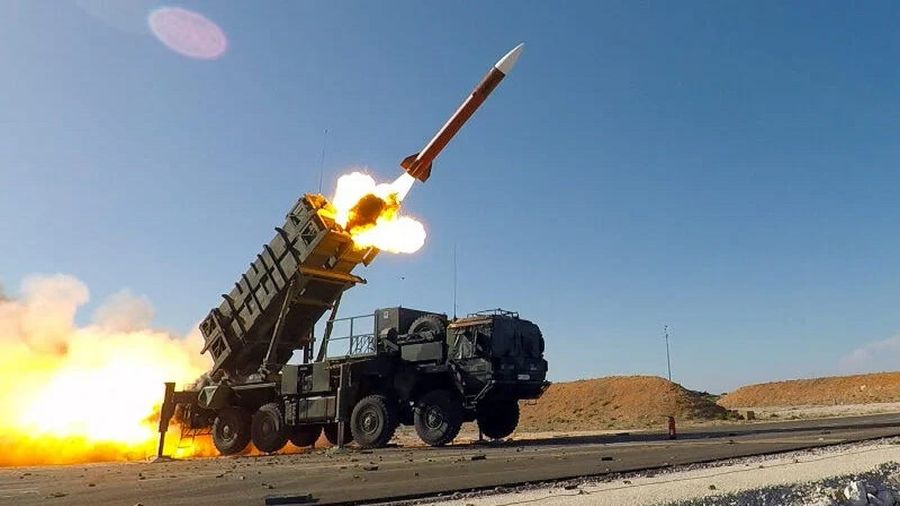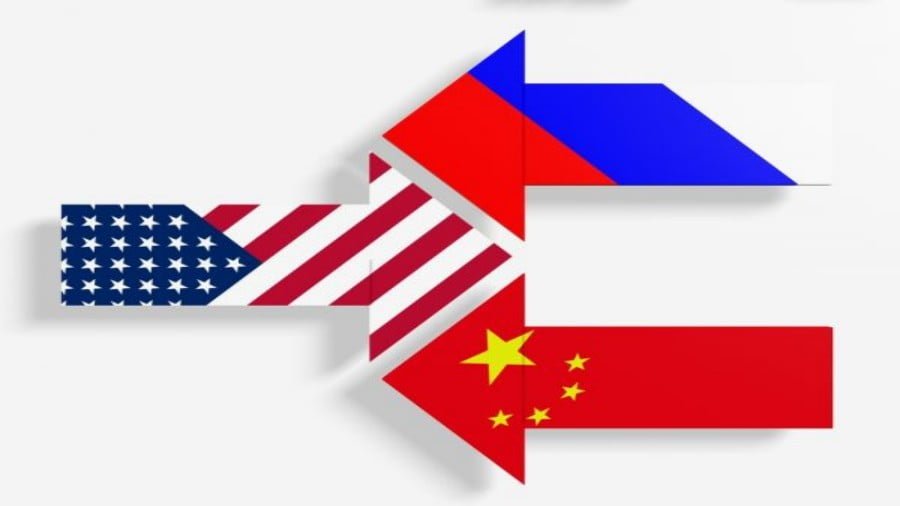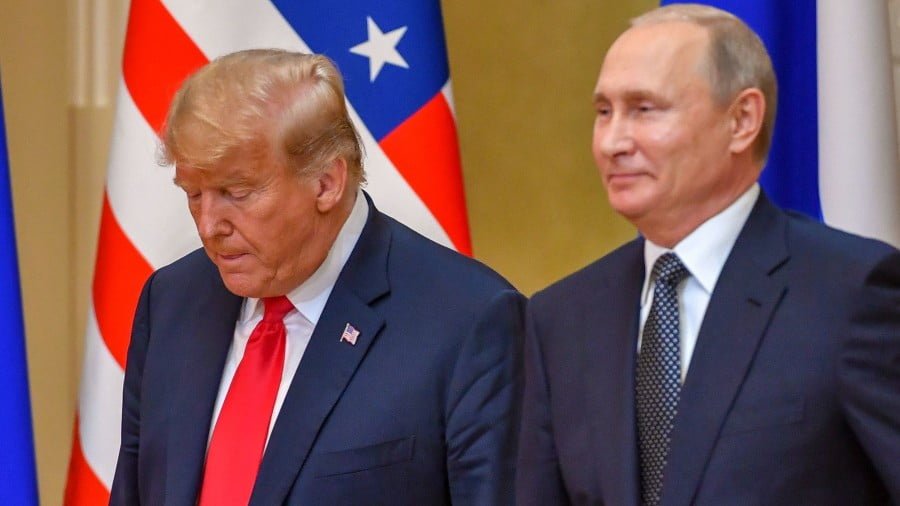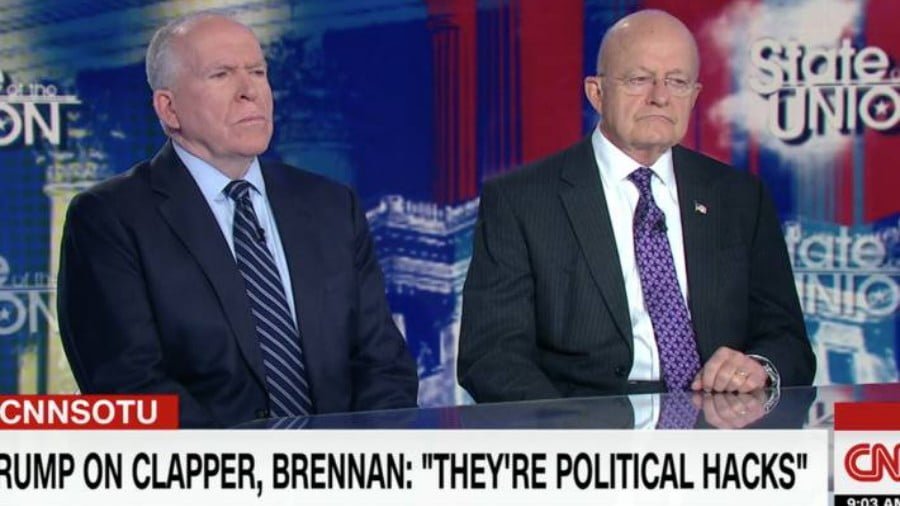The US’ Export of Patriot Missiles to Ukraine Is Mostly Just a Public Relations Exercise
When world-renowned Western military experts and President Putin alike are united in their conclusion that the US’ export of Patriot missiles to Ukraine isn’t a game-changer, let alone a big deal, then that speaks to the objectivity of this assessment.
Kiev’s supporters on social media have been ecstatic ever since the US confirmed that it’ll export Patriot missiles to Ukraine, yet they’d do well to temper their expectations about the impact that they’ll have on the course of the ongoing conflict. The truth is that they aren’t the game-changers that these armchair generals convinced themselves they are, but are mostly just a public relations exercise designed to show that the US isn’t losing interest in this proxy war despite its present stalemate.
Even former Commander of US Army Europe Retired Lt. Gen. Mark Hertling told CNN that observers shouldn’t get their hopes up about the Patriots. According to him, “These systems don’t pick up and move around the battlefield. You put them in place somewhere that defends your most strategic target, like a city, like Kyiv. If anyone thinks this is going to be a system that is spread across a 500-mile border between Ukraine and Russia, they just don’t know how the system operates.”
CNN also quoted Director of the Missile Defense Project at CSIS Tom Karako who informed readers that “This is not a system that will go after drones or smaller ballistic missiles. Can it do that? Absolutely. But when you’re talking about knocking down a $20,000 drone, or a $100,000 ballistic missile that Russia buys, with a $3-5 million rocket, that doesn’t give you much of a return on the investment. What it can do it free up the low and medium systems to go after those kind of targets.”
Quite clearly, these world-renowned Western military experts are warning everyone that the Patriots aren’t what folks on social media have fantasized. More than likely, they’ll just defend Kiev and a few other major cities, but even then, all that they’ll do is deter conventional airstrikes and maybe intercept a few of Russia’s larger missiles since the cost-benefit analysis of shooting a $3-5 million rocket at a $20,000 drone doesn’t make much sense. It’ll also take plenty of time to training the Ukrainians too.
About that, initial reports suggested that this would occur at a base in Germany, but Politico subsequently reported that there are discussions about having this happen in the US itself instead. Should the second scenario materialize, then it would reinforce the public relations dimension of this military deal whereby the US would be reaffirming that its interest in perpetuating NATO’s proxy war on Russia is so enduring that it’s now crossing the Rubicon by finally training Ukrainians on its own soil.
While it’s already previously trained many of those Hybrid War foot soldiers within its own borders over the years, it hasn’t done so since Russia was provoked into commencing its special operation. At this point, however, there’s no denying that the US masterminded the ongoing proxy war against that country so there’s nothing to lose in the soft power sense and everything to gain in that respect by potentially resuming the training of Ukrainians on its soil, in this case teams of Patriot operators.
For what it’s worth, President Putin isn’t too perturbed by this development in any case. He told journalists late last week that “As for the Patriot, it is a pretty old system. I would say it doesn’t work like our S-300. Nevertheless, those who oppose us assume that these systems are defensive weapons. All right. We will just keep that in mind, and there is always an antidote. So those who are doing this, are doing it in vain: it just prolongs the conflict, and that’s that.”
The Russian leader later added that “It is said that the Patriot systems may be sent to Ukraine. Let them do it; we will weed out the Patriots too. And they will have to send something to replace them with or create new systems. It is a long and complicated process. It is not all that simple. We take this into account and count everything that is being sent there, how many systems there are in the depots, how many more they can manufacture and how fast, and if they can train the necessary personnel.”
When world-renowned Western military experts and President Putin alike are united in their conclusion that the US’ export of Patriot missiles to Ukraine isn’t a game-changer, let alone a big deal, then that speaks to the objectivity of this assessment. With that in mind, there’s little doubt that this is mostly just a public relations exercise by the Biden Administration designed to show that its interest in this proxy war isn’t dwindling despite the present stalemate and the concerns that this prompted in Europe.







